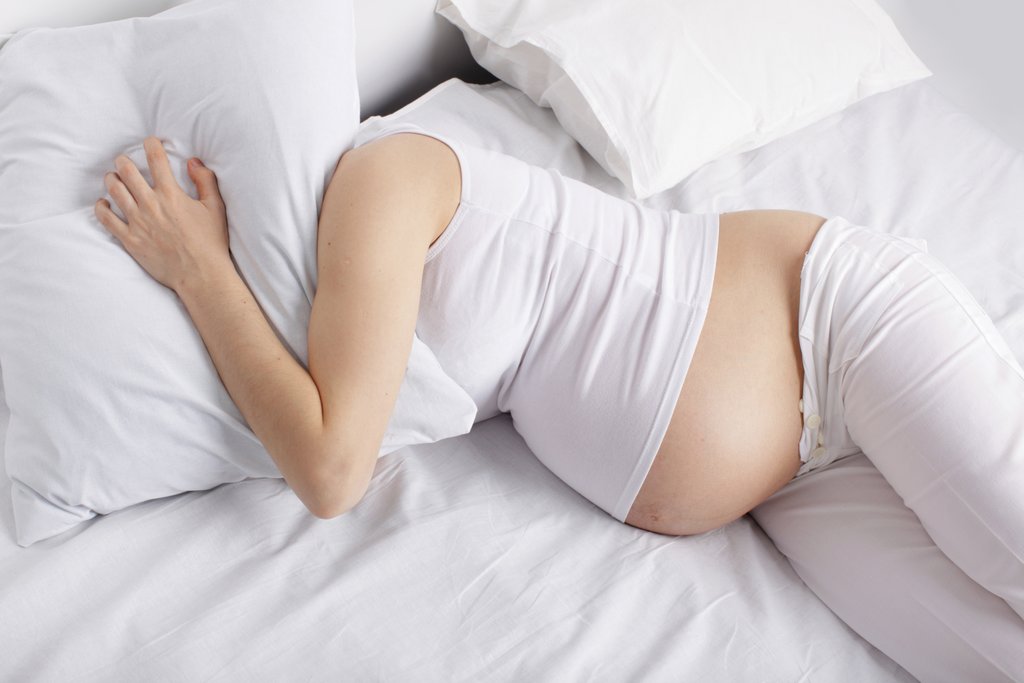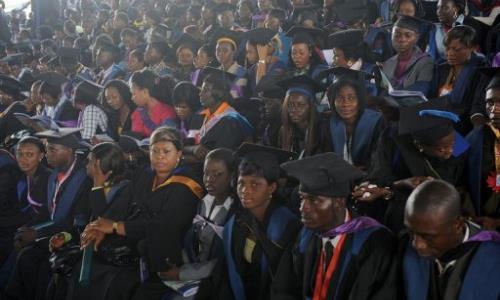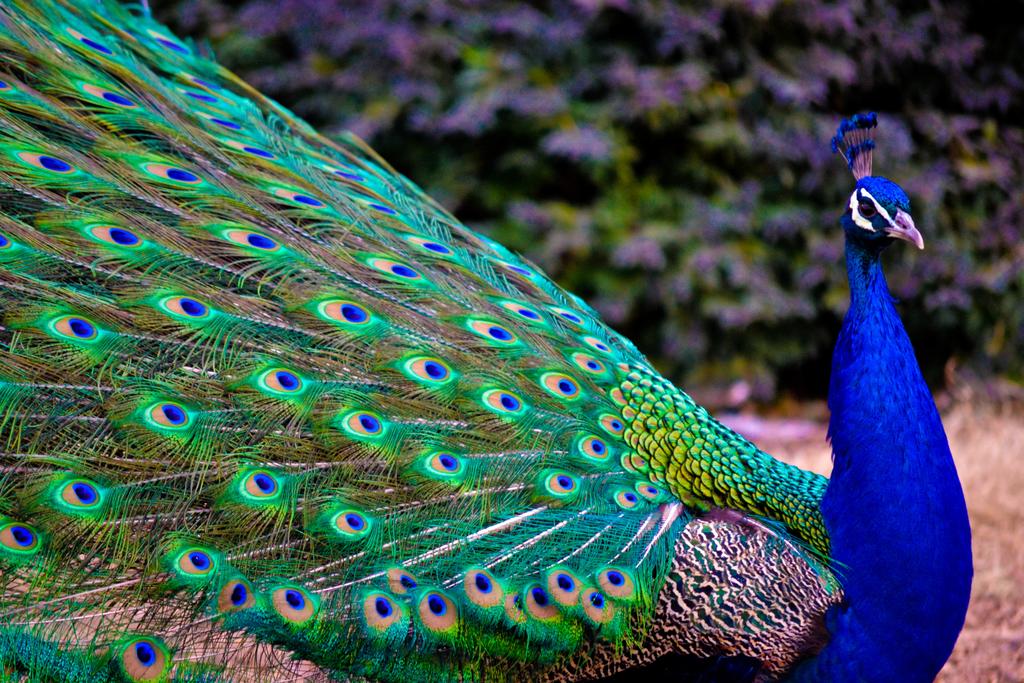A new study which was published in the Proceedings of the National Academy of Sciences has emerged with a link between the number of older brothers one has and his sexual orientation.
The occurrence which is said to be the “fraternal birth order effect” is claimed to be as a result of the increasing levels of some antibodies in a mother, causing someone with a higher number of male older brothers to be more likely to turn gay.
The research which was carried out by a team from the Brock University, the University of Toronto, and Harvard Medical School and led by Anthony Bogaert, claims that “Gay men have, on average, a greater number of older brothers than do heterosexual men, a well-known finding within sexual science.”

What makes this research significant is that the findings were based on research works carried out over two decades ago. In fact, it the concept of the fraternal birth order effect is not new as it has been known since late 1950 when it was believed that men that were homosexual tend to have a higher number of older brothers than their heterosexual counterparts.
Ray Blanchard and Anthony Bogaert carried out another research in 1996 and it revealed the same thing. But then, it showed that it is higher number of older brothers and not older sisters.
Following these works, many others have come to indicate the same thing with the odds of being homosexual for someone with many older brothers placed at between 28 to 48 percent.
In the recent work, Anthony Bogaert, who is a professor in social psychology at Brock University, Canada, indicated that antibodies that neutralize a protein made by the Y chromosome; the DNA molecule that determines sex in humans are produced in some women who are pregnant with boys.
Taking a look 142 women, the study worked to find out the presence of a brain protein only found in males, since only boys have the particular protein-producing Y chromosome.
As indicated by the work, the protein is found more in mothers of gay with older brothers followed by in mothers with gay sons who do not have older brothers.














